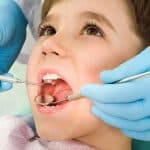
How Often should I take my child to the dentist? If you are asking this question then first know that you are not alone. Most parents are not sure exactly when is the perfect time to schedule their child’s first dentist appointment.
Should your child wait and go after the first tooth comes in or maybe after all their teeth come in? According to the American Dental Association and the American Academy of Pediatric Dentistry, your child’s first scheduled dental visit should occur within six months of the first tooth erupting, but no later than by age two.
Schedule Your Appointment Online!
Your Child’s first dental appointment generally is more about learning their teeth and the importance of taking care of them versus an actual examination. Typically your dentist will not do an actual exam. They may peek inside your child’s mouth so they can make sure the teeth are coming in properly and there is no bottle rot, but generally, this visit is more about building trust and awareness. Your child’s dentist will often explain all of their tools, what they are for, and why they are important. Establishing trust and building a relationship with the dentist often helps the child overcome dental fears later on as they grow and have actual appointments, or even avoid dental anxieties all together.
What Happens After a Child’s First Dental Visit?
After your child’s first visit, it is highly recommended they visit the dentist every six months, unless there is a health concern. Common concerns that call for a visit early include a lisp, teeth grinding, and mouth breathing. Once your child is ready for their second visit, this is where your dentist will begin to work on your child’s teeth. Typically, the second dentist visit will include counting the child’s teeth and brushing them with cleaning paste. Dentists often introduce treatments in stages for two reasons, one, they may not have all of their teeth and be quite ready for advanced treatments, and two, to slowly build trust and ease fears. It generally isn’t until the third visit, or after the age of three were they start receiving more advanced treatments, such as fluoride treatments.
A great way to minimize the fears of going to the dentist, is when you bring your child to one of your dental exams. When they see the dentist working on your teeth, it can help ease fears. Remember, it is never too early to begin proper oral care.
Schedule an appointment with Sampson Dentistry!
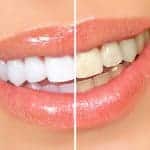
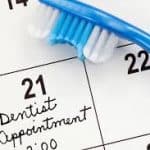

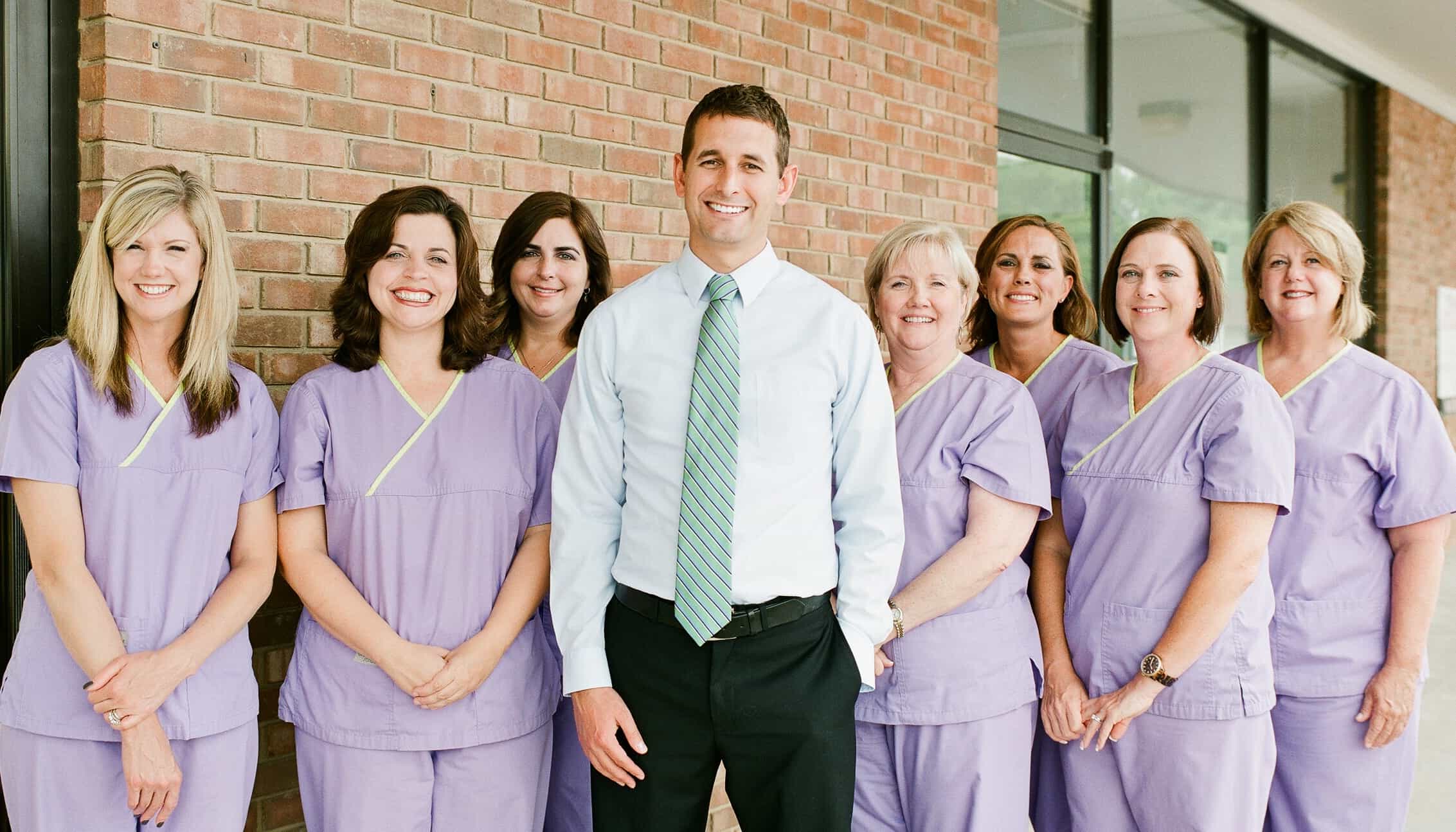
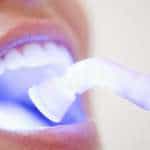
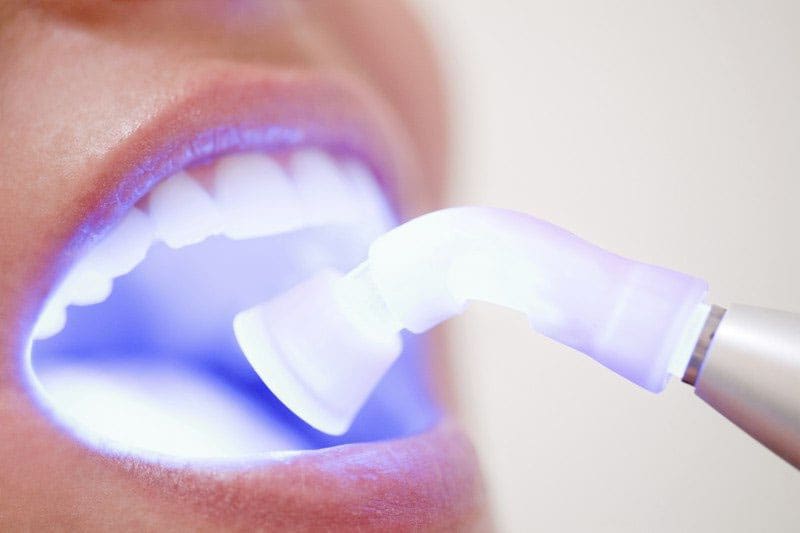

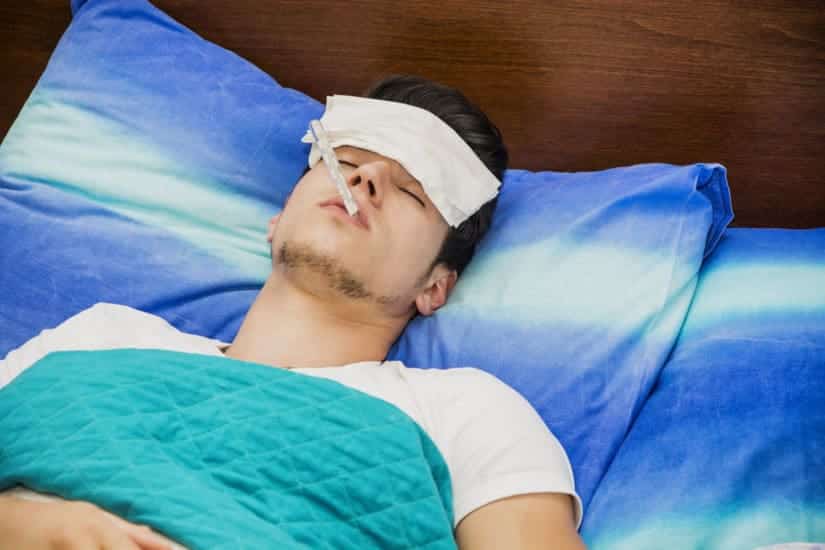

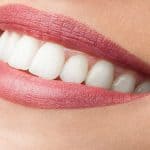
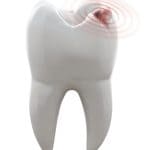

 Yes, we just said that. Straight, evenly spaced teeth, the most important result is that your bite is properly aligned. Some signs that may indicate a need for
Yes, we just said that. Straight, evenly spaced teeth, the most important result is that your bite is properly aligned. Some signs that may indicate a need for